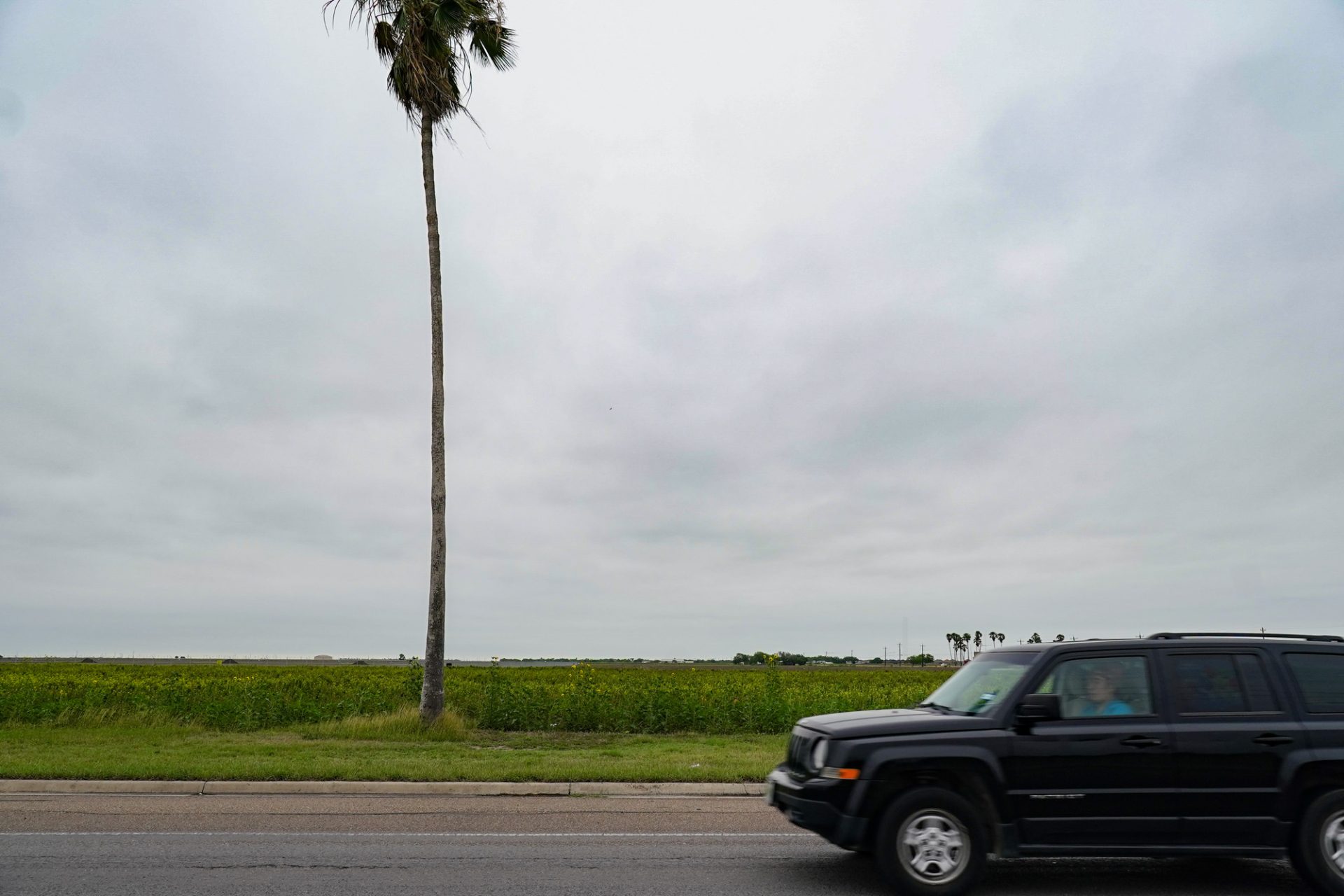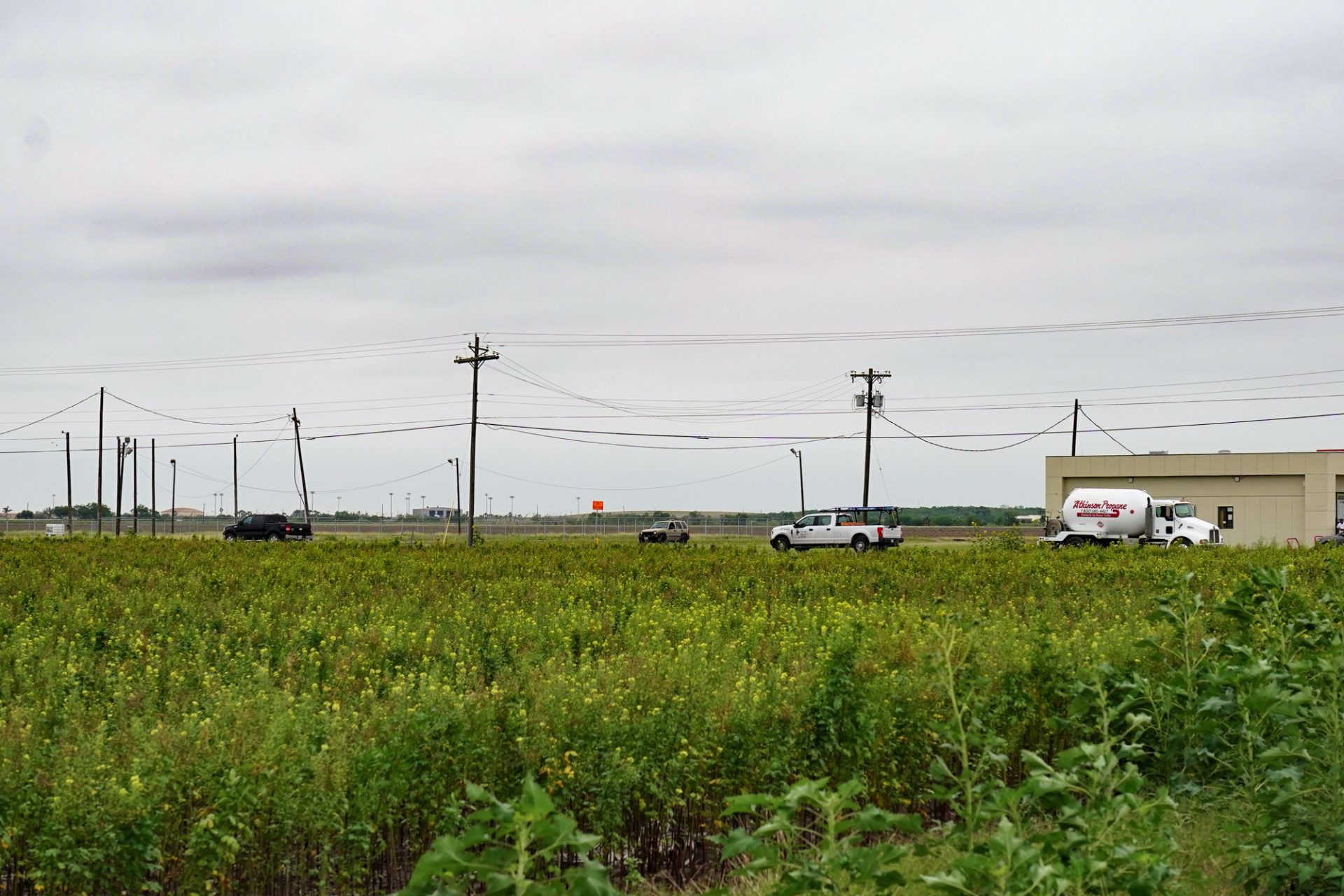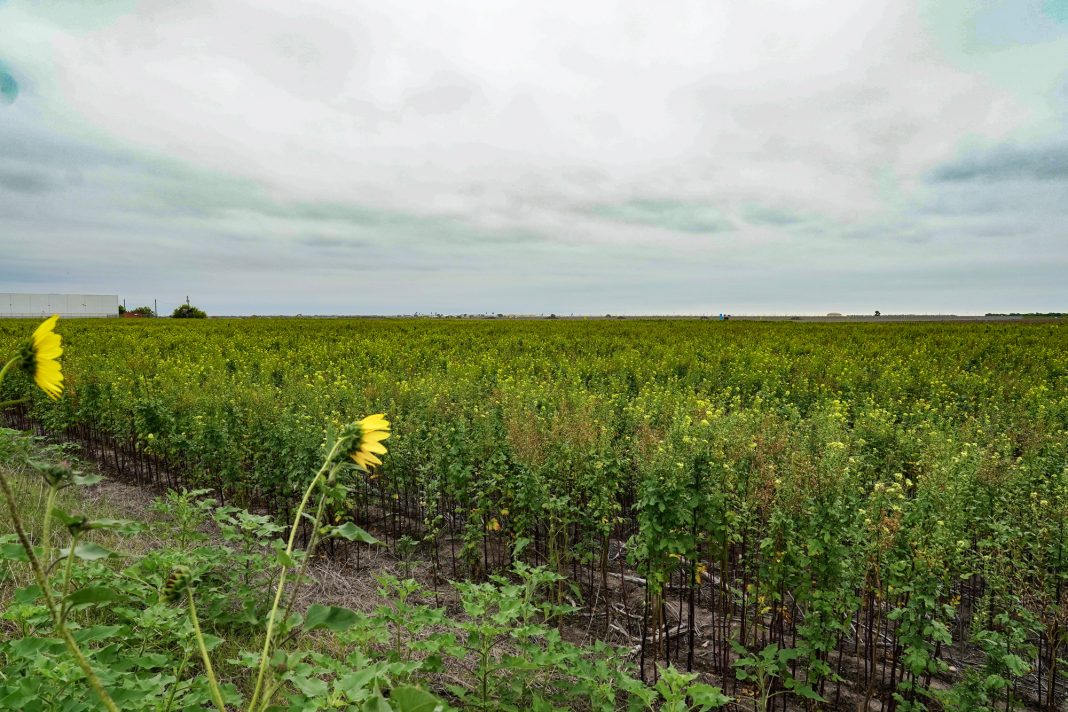There are two interests we must keep in mind when it comes to the battery storage facility — city planning and economic development.
HARLINGEN — A company’s request for a special permit to open a $100 million, 100-megawatt battery energy storage site on farmland off East Grimes Avenue is leading city commissioners to raise questions as they continue delaying their decision.
Fort Worth-based Black Mountain Energy Storage is requesting commissioners grant a special use permit allowing it to open a 6-acre unmanned plant storing lithium-ion batteries off East Grimes near the intersection of Loop 499.
The proposed plant would become the city’s second after the past commission allowed a Colorado company to open a one-acre battery storage site storing crystallized lithium-ion batteries in 20-foot shipping containers off Tucker Road near Lincoln Avenue last year amid little opposition.
Now, the city’s first battery storage site is expected to open in June.
Despite the city’s Planning and Zoning Commission’s recommended approval of the proposed project, Nick Consiglio, the board’s chairman, has raised concerns about opening a battery storage plant off Loop 499, one of the city’s main commercial corridors near Valley International Airport and its Aerotropolis.
Last month, city commissioners held off on making a decision, requesting information regarding the amount of property tax revenue the proposed plant would generate.
Then on Wednesday, commissioners again delayed their decision after some of them raised questions.
‘Long list’ of questions
At City Hall, City Manager Gabriel Gonzalez said a commissioner, whose name he withheld, requested officials respond to “a long list” of questions including whether Black Mountain Energy Storage’s site would give the police and fire departments access to the site in case of an “incident.”
Other questions included the amount of property tax revenue the plant would generate, the number of acres the company planned to purchase and whether the project site was located in a free trade zone, he said.
“One commissioner asked for more information,” he said. “We’re trying to get that to him.”

On Thursday, Commissioner Ford Kinsley said he didn’t make the request while Commissioner Frank Morales said his questions have been answered.
While Commissioner Michael Mezmar, who’s described the evolving technology as “safe,” stands in support of the project, Commissioner Rene Perez could not be reached for comment at his workplace.
Weighing pros, cons
Meanwhile, Commissioner Daniel Lopez was considering options based on concerns the 6-acre plant surrounded by a black 8-foot-high wall would jut out like a big eyesore along one of the city’s main commercial corridors.
“There are two interests we must keep in mind when it comes to the battery storage facility — city planning and economic development,” he stated. “This facility will not add jobs to the Harlingen economy, and given its location near Valley International Airport, the Aerotropolis and the industrial park, do we really believe this is the best use for the land? Also, perception and presentation — when someone flies into VIA, do we want our guests’ first view of our city to be a big walled-off complex?”
Lopez also noted Black Mountain Energy’s claim the unmanned plant is projected to generate as much as $100 million, based on its transformers, batteries and construction, for Cameron County taxing entities within a 20-year period, with the city receiving about $5 million during that time.
“Now, looking at the reality of the situation, this land has been for sale for decades,” he stated, referring to the company’s proposed purchase of farmland. “Up until now, no one has wanted to develop it for any other purpose, and due to its designation for agricultural use, Harlingen residents do not get much benefit from the land. However, the $80-million to $100-million investment, albeit, a depreciating asset, will add value to the land and generate property taxes which will benefit Harlingen residents.”
Meanwhile, the company claims the battery storage site would generate electricity for as many as 50,000 homes for up to two hours during power outages, Lopez stated.
“Because it is battery storage, this facility can power 50,000 homes for up to two hours in case of a power outage,” he stated. “Given that we are in hurricane alley, this ability is comforting.”

Now, commissioners are weighing the project’s pros and cons.
“These are some of the issues that the commission is grappling with,” Lopez stated. “We are currently bird-dogging any potential issues so they may be resolved now. Our goals for all businesses in Harlingen are that they positively contribute to Harlingen’s growth and are great community partners. In this scenario everyone wins — businesses, the city and, most importantly, our residents.”
Responding to concerns
Last month, Dan Ditto, a representative for Black Mountain Energy Storage, told commissioners the company plans to connect its battery storage plant to an AEP Texas substation across Loop 499.
The company, he said, would remotely operate the plant “so there are people on it 24/7 dealing with AEP and ERCOT.”
In response to Kinsley’s question regarding Black Mountain’s periodic inspections of its unmanned site, Ditto said the company would inspect the site about once a month, adding it would give AEP Texas access to the plant’s roads.
To control any flooding, the site would include a retention pond, Ditto said.
Now, the company is developing about 20 to 25 battery storage sites, including projects in Roma, Eagle Pass and Del Rio, he said.
The company would launch construction of its proposed Harlingen site in late 2024, with completion expected around mid 2025, he said.




